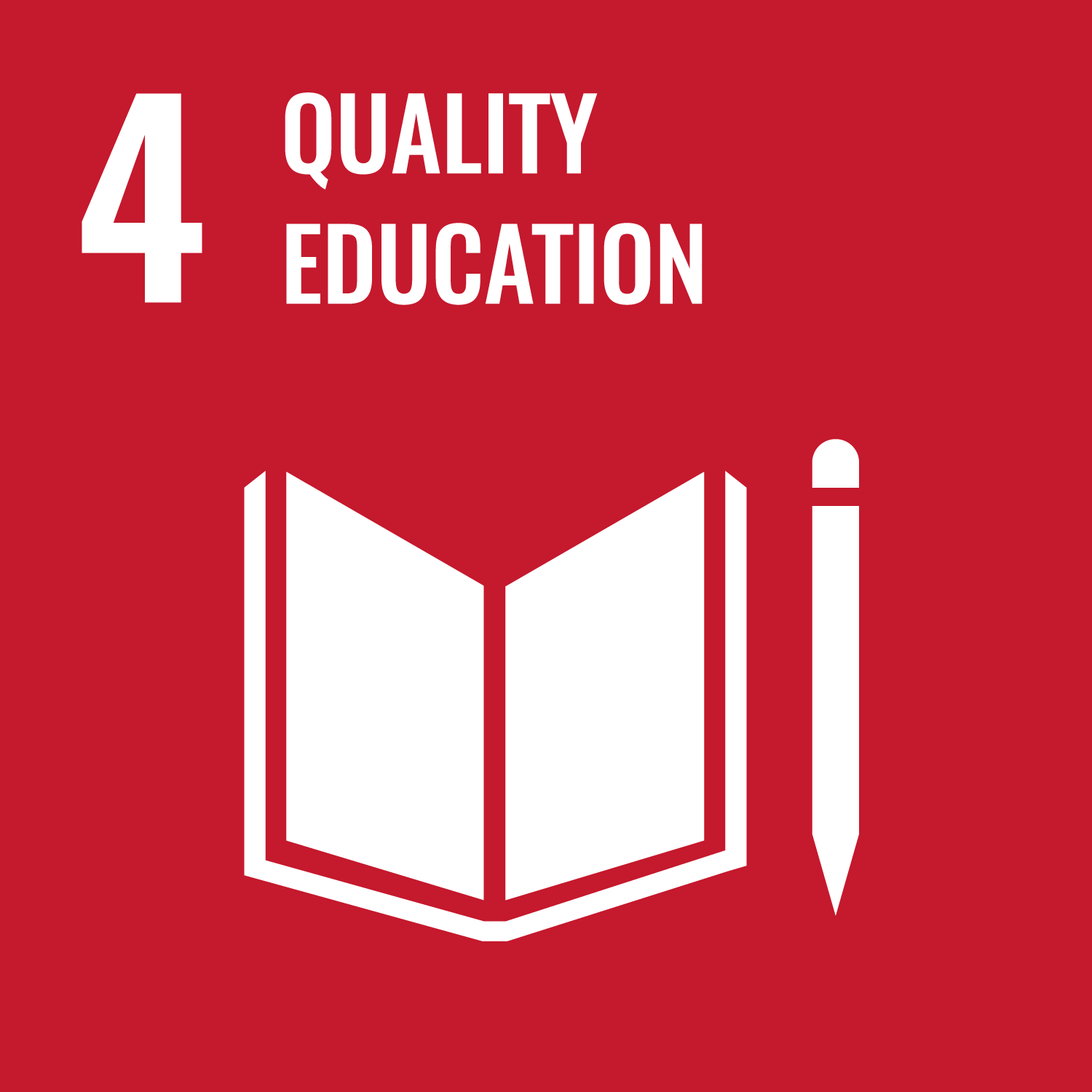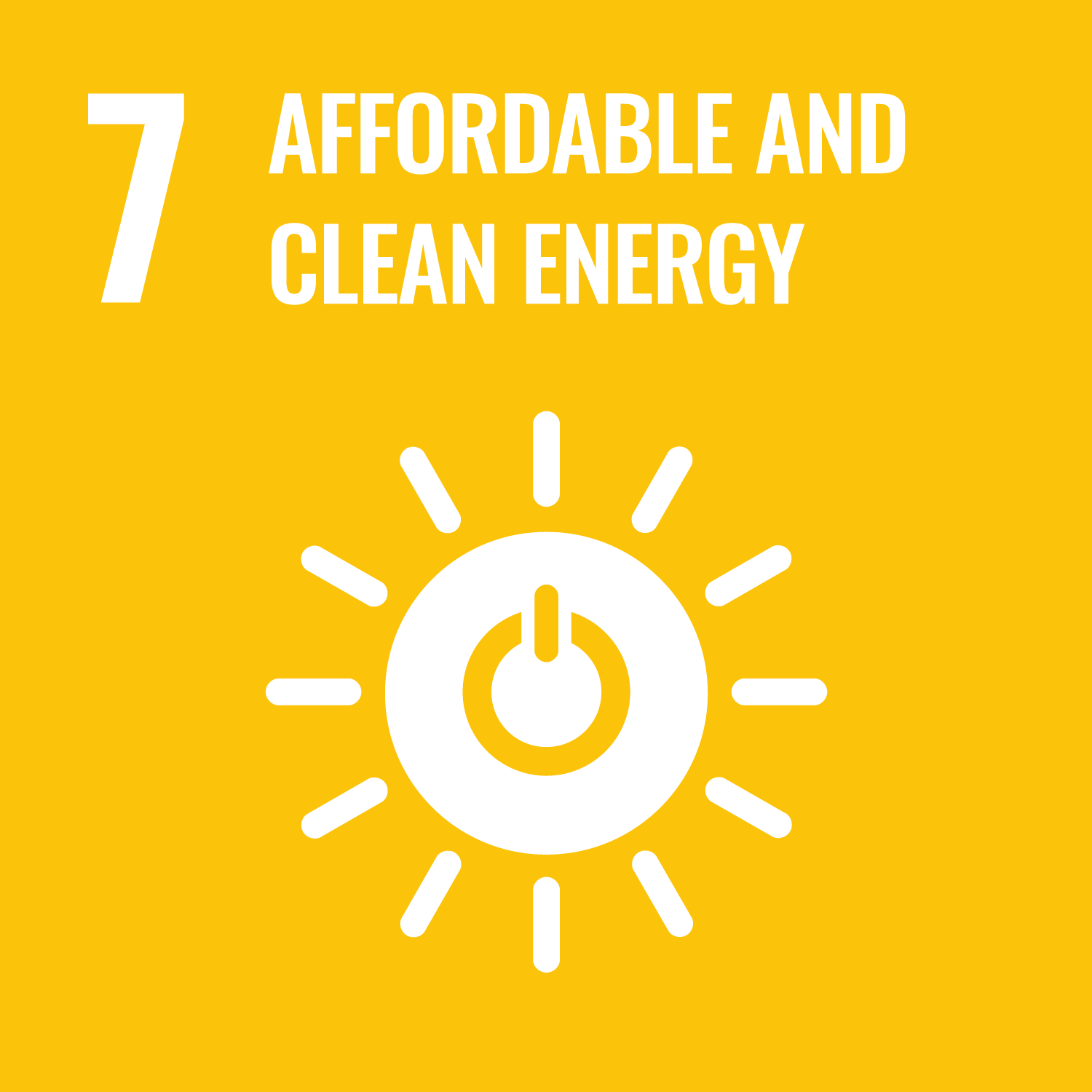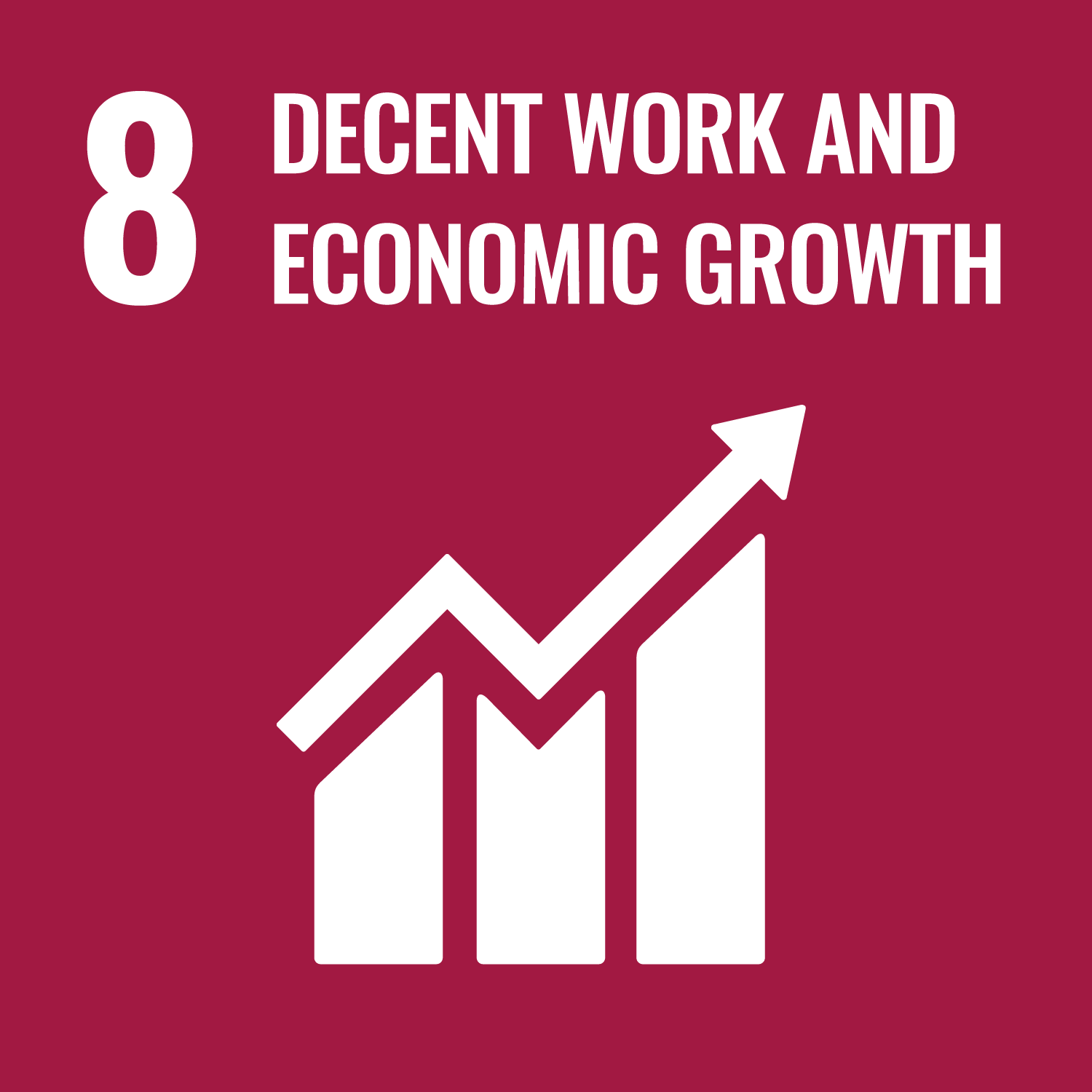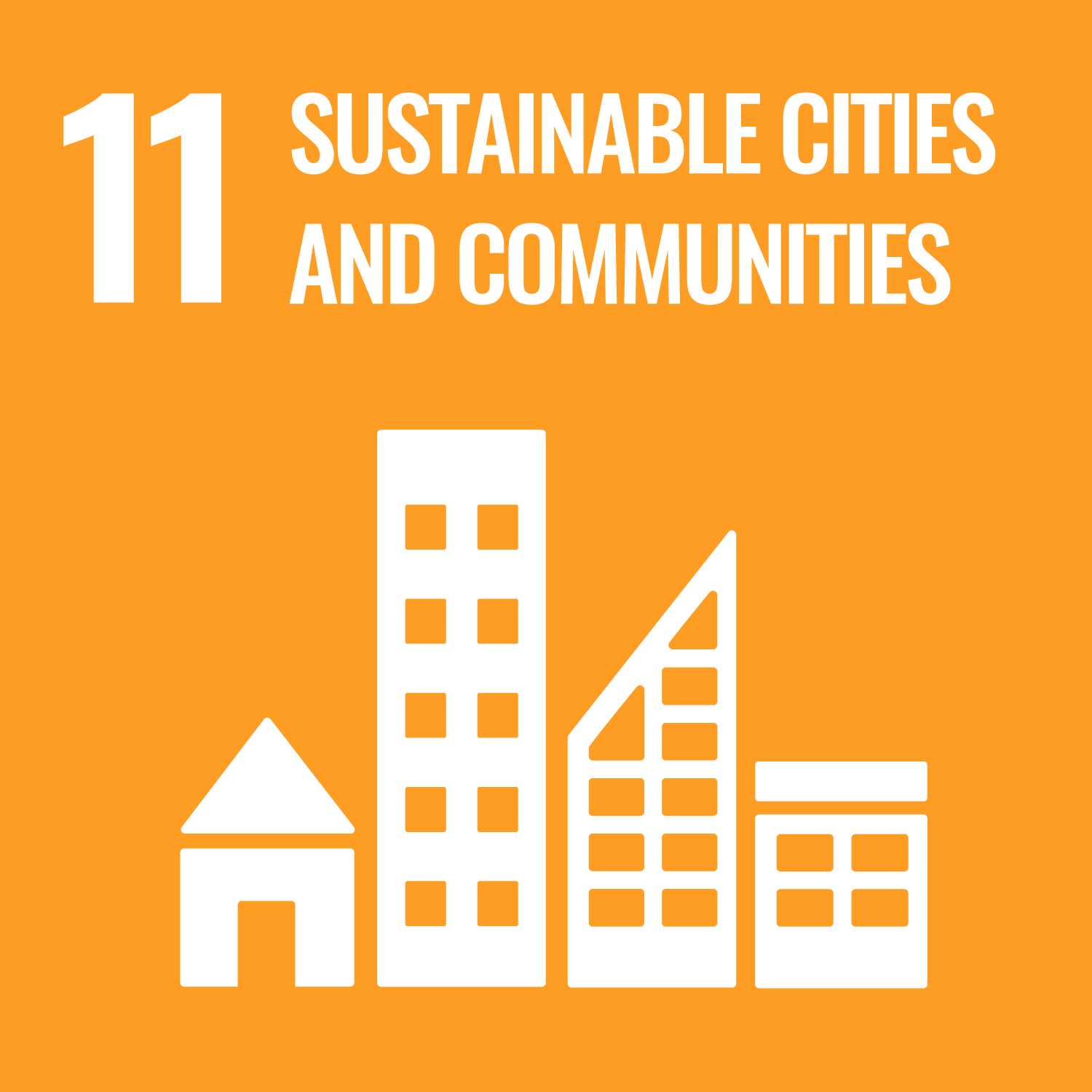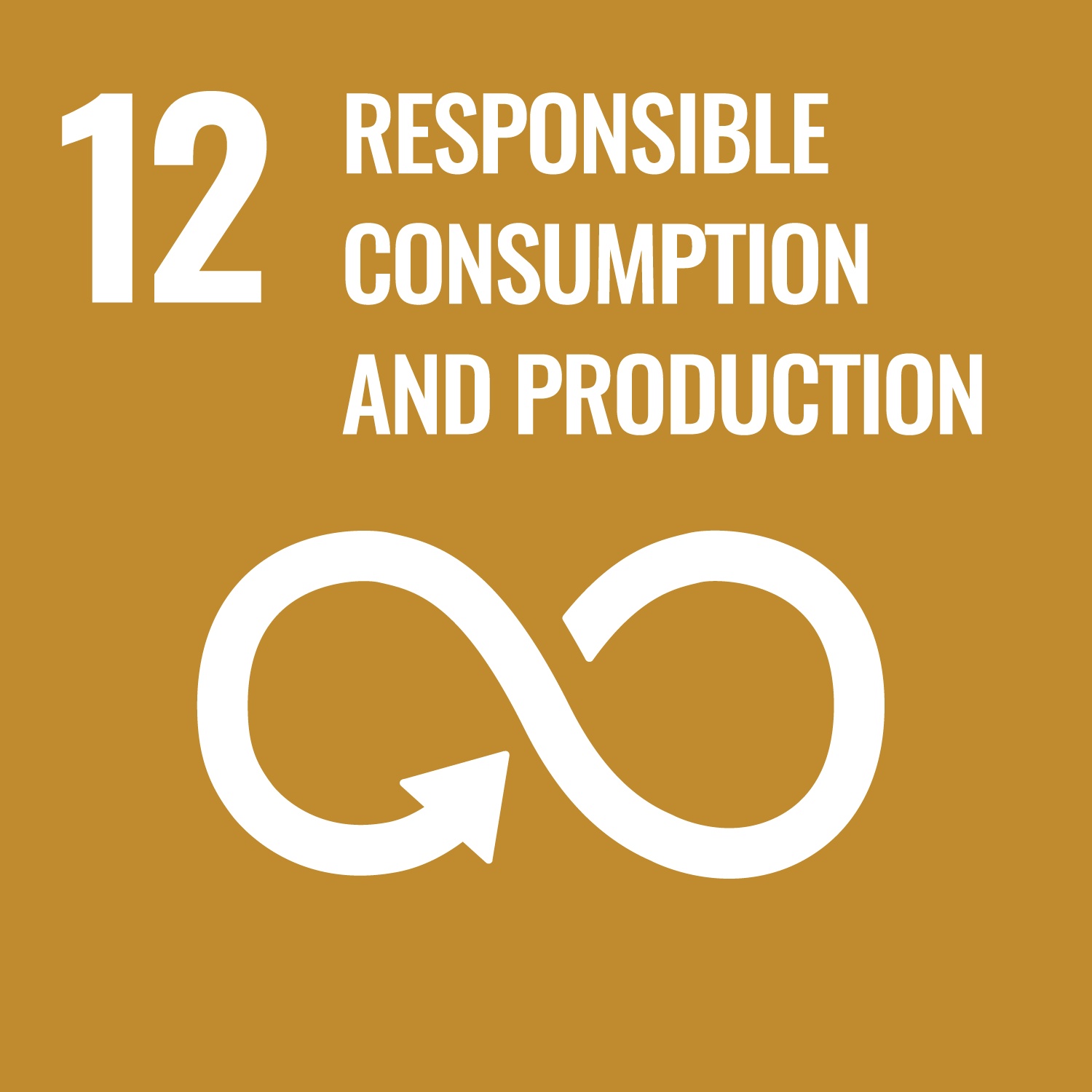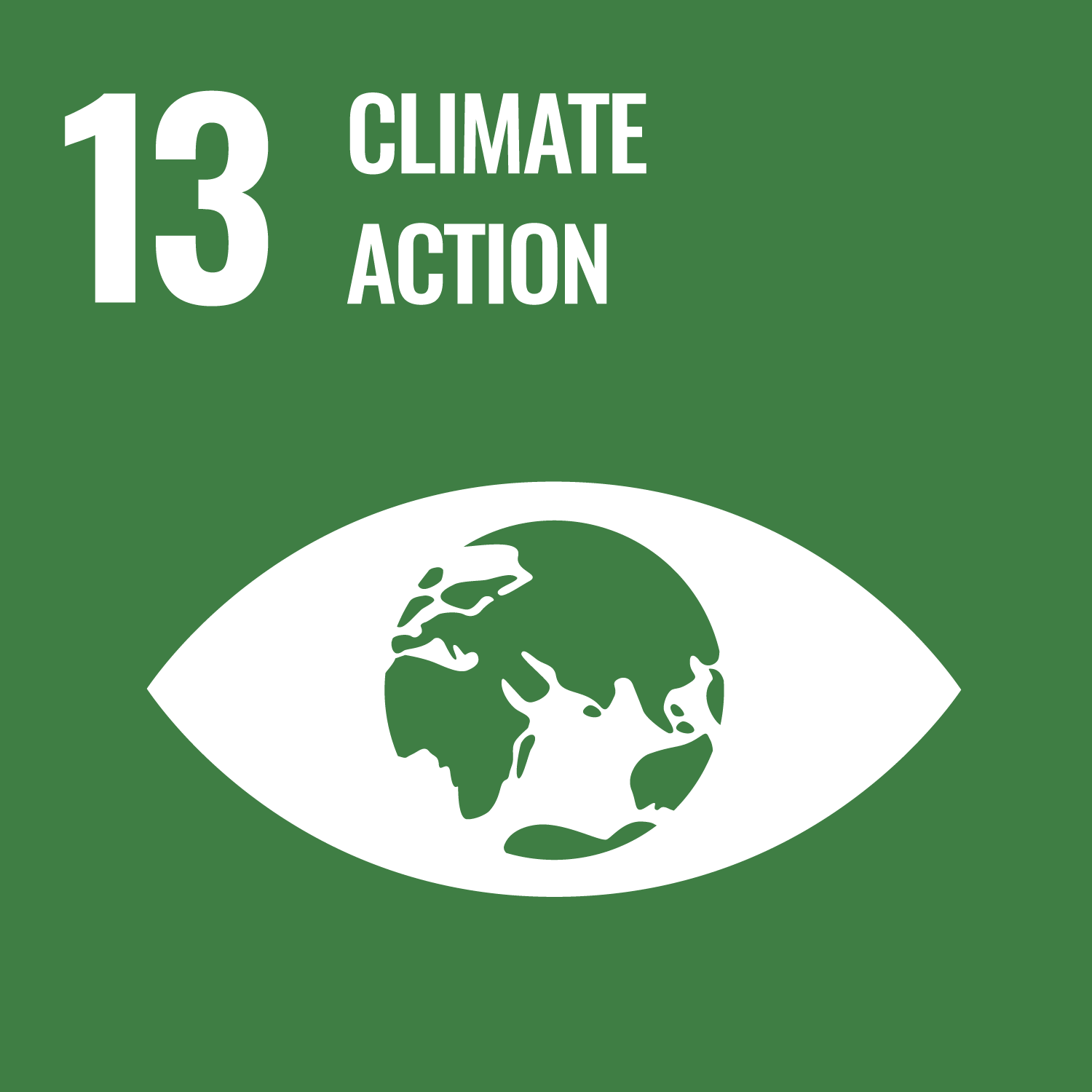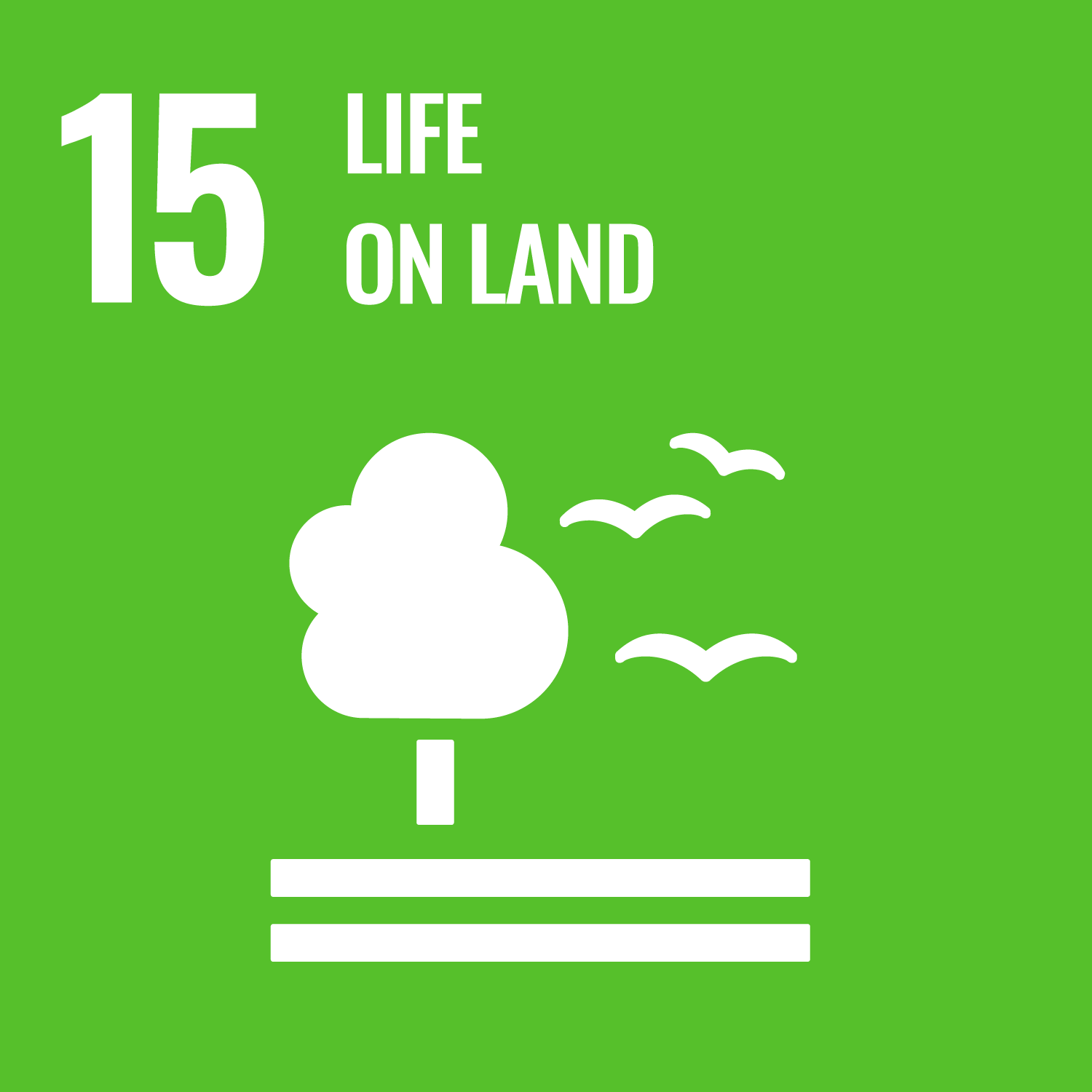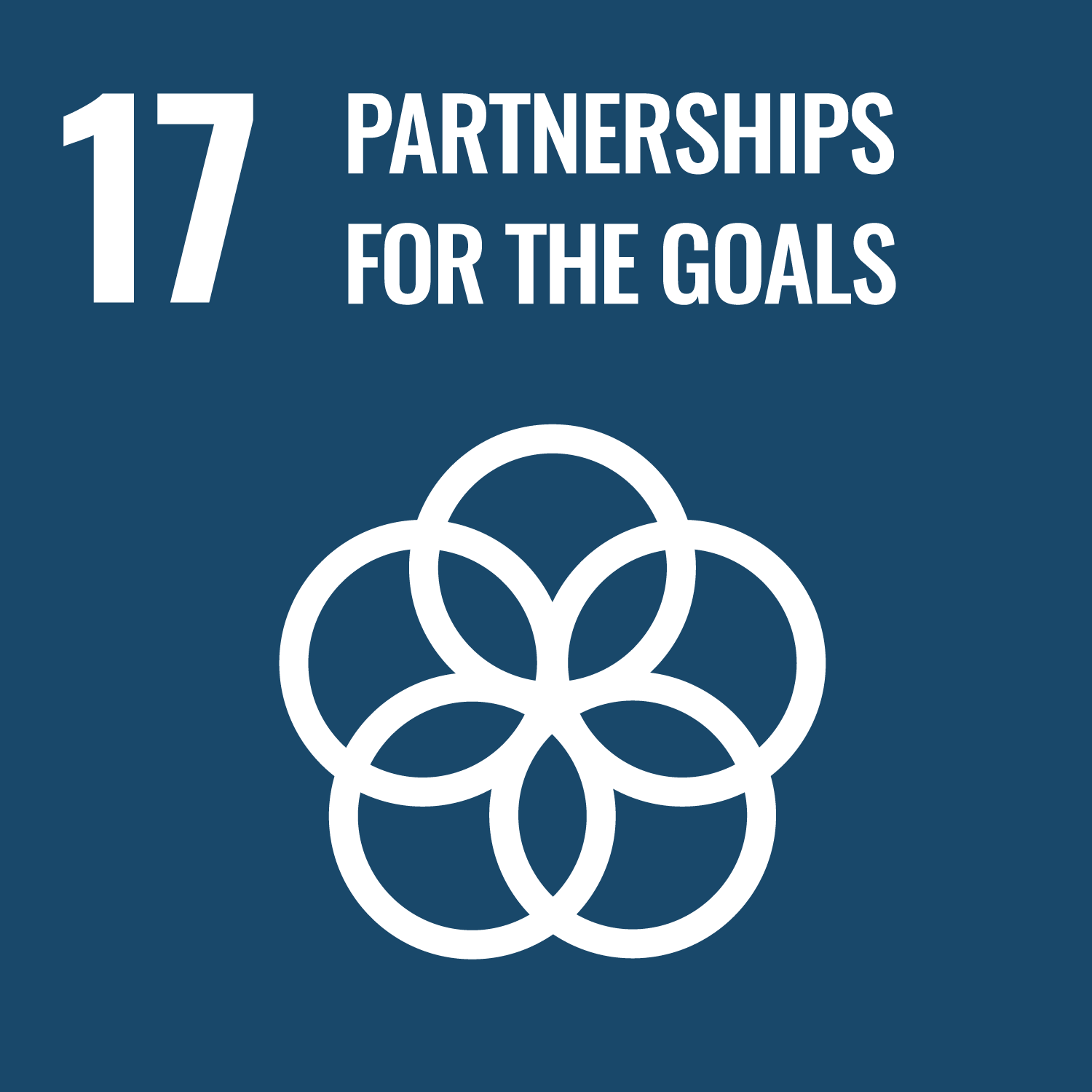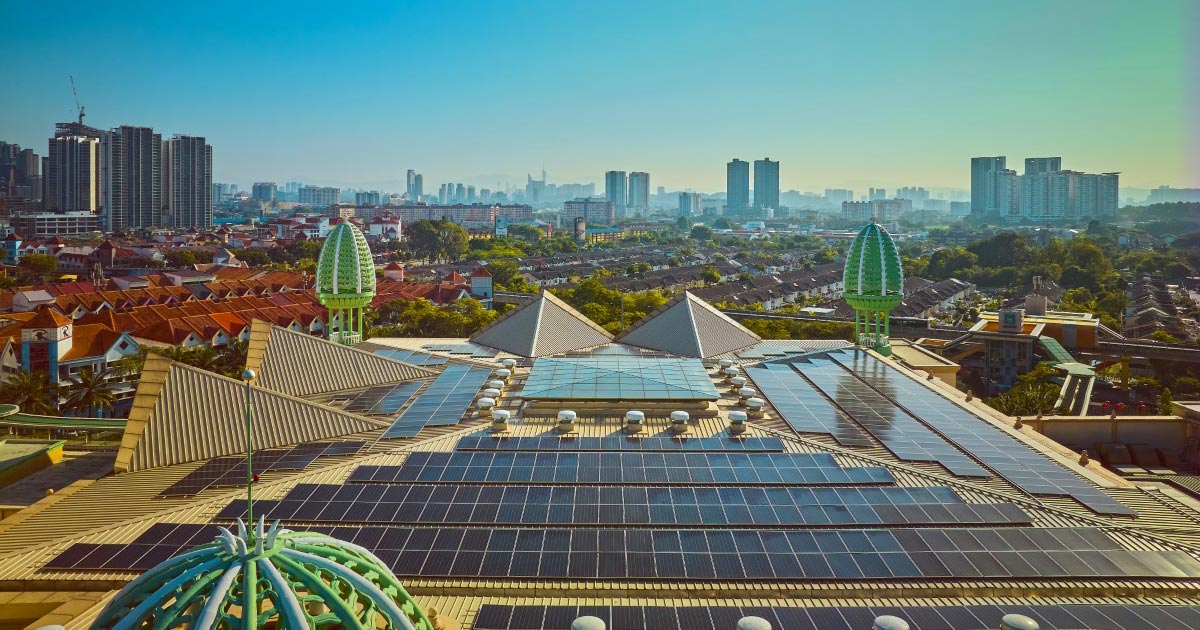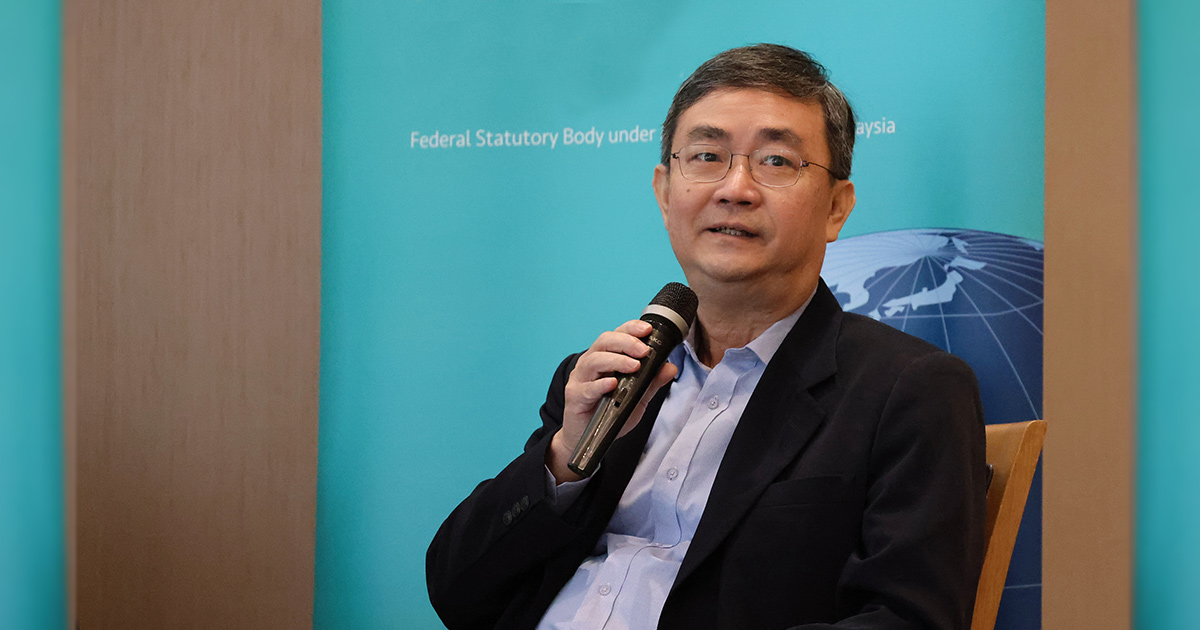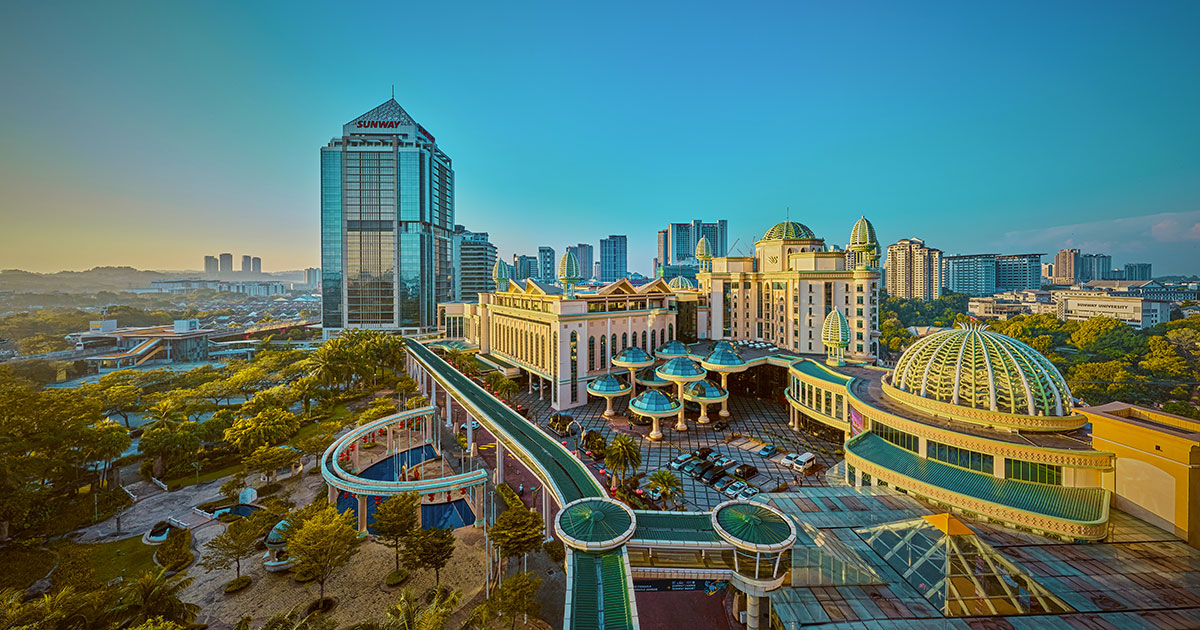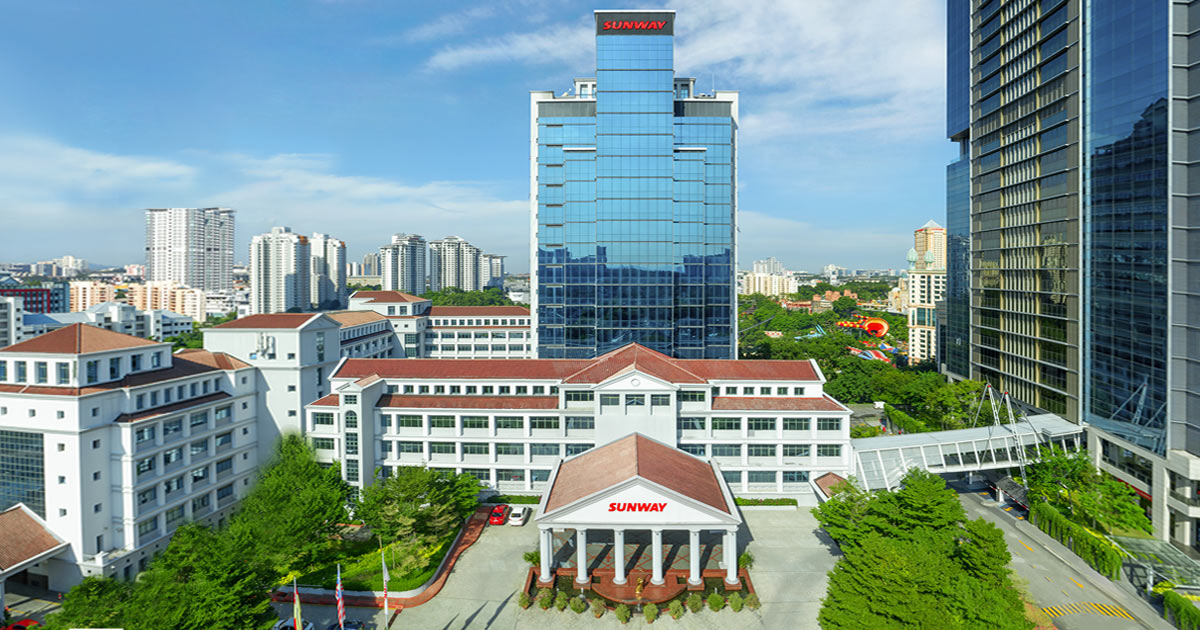Zeroing in on Transparency and Accountability
-
Malaysia’s new National Sustainability Reporting Framework (NSRF) strengthens transparency and accountability by standardising ESG disclosures in line with global reporting standards, like IFRS S1 and S2.
-
Sunway leads by example—aligning with the UN-SDGs, supporting SMEs in Scope 3 reporting, and going beyond compliance to foster inclusive, impact-driven sustainability practices.
A Unified Framework to Strengthen Reporting Comparability in Malaysia
Malaysia has taken a bold step forward in sustainability governance with the introduction of the National Sustainability Reporting Framework (NSRF), which establishes a unified, common standard for sustainability disclosures across the country’s corporate practices, making sustainability reports easily comparable across issuers.
A unified framework also aims to eliminate inconsistencies, enabling investors and stakeholders to assess corporate sustainability performance more effectively, ensuring greater clarity and consistency across industries and sectors.
At its core, the framework incorporates the IFRS Sustainability Disclosure Standards issued by the International Sustainability Standards Board (ISSB), specifically, IFRS S1—General Requirements for Disclosure of Sustainability-related Financial Information—and IFRS S2—Climate-related Disclosures. A 2024 directive from Bursa Malaysia mandates listed companies to comply with IFRS S1 and S2 starting from financial years ending 31 December 2025, signalling the nation’s commitment to aligning its economic framework with global expectations.
IFRS S1 covers an organisation’s sustainability risks and opportunities, encompassing governance, strategy, risk management, and metrics. Meanwhile, IFRS S2 focuses on climate-related risks and opportunities, incorporating the recommendations of the Task Force on Climate-related Financial Disclosures (TCFD).

These standards enable organisations to report on their sustainability strategies and climate impacts with better clarity, consistency and comparability across industries.
Sub-headline: Assurance through Disclosures: Fostering Transparency and Accountability
A critical feature of the NSRF is its emphasis on assurance. Companies are required to ensure that their sustainability-related disclosures are independently verified, enhancing the reliability and credibility of the information presented. This includes both qualitative narratives and quantitative metrics, such as greenhouse gas (GHG) emissions data. The assurance requirement strengthens investor confidence and helps mitigate greenwashing risks.
Recognising this requirement, Sunway has aligned our reporting standards with the 17 UN Sustainable Development Goals (UN-SDGs) coupled with our environmental, social and governance (ESG) disclosure framework. We view ESG as a data-based sustainability mechanism that facilitates disclosures and fosters transparency. This transparency brings about accountability and trust, promoting engagement with our stakeholders and helping keep the company on the right track to stay relevant in an ever-changing business landscape.
Sub-headline: Closing the Gap in Scope 3 Disclosures
Small and medium enterprises (SMEs), crucial to Malaysia’s economy, play an essential role in the country’s transition to a low-carbon economy. While ESG awareness among SMEs has risen significantly—from 14% in 2023 to 80% by 2025—challenges remain.
The percentage of SMEs actively exploring ESG practices has declined, from 31% to 26%, with limited financial and human resources making it difficult for SMEs to allocate time and expertise to sustainability efforts, including reporting.
As a conglomerate with 13 businesses, we are positioned to advocate for sustainable business practices across the SMEs within our supply chain. In collaboration with Capital Markets Malaysia (CMM), we organised a Sustainability and Environmental Disclosure Guidance (SEDG) Workshop to help suppliers navigate the new ESG requirements.
The workshop covered materiality and its definitions, reporting frameworks, financial and non-financial disclosures, and emissions, among others, providing practical guidance to fill knowledge gaps and build capacity.
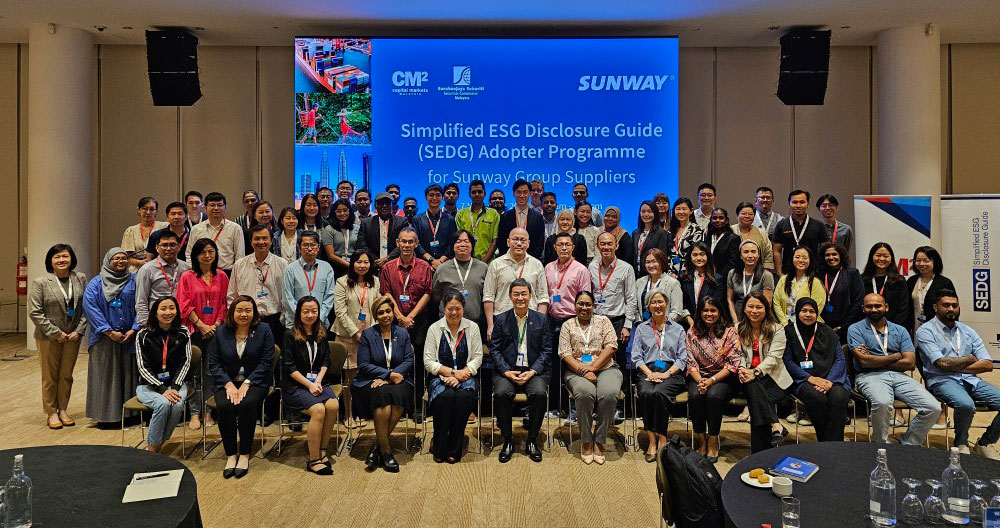
As the demand for ESG considerations grows among investors, adopting standardised reporting practices is vital for attracting capital in the long run.
Through our support of SMEs in meeting new ESG requirements, particularly for Scope 3 data, we help suppliers accurately report their GHG emissions, contributing to Sunway’s overall Scope 3 emissions. This ensures our sustainability efforts are comprehensive and credible while aiding SMEs in adopting sustainable practices.
Sub-headline: Impact-Focused: Going Beyond Compliance
As sustainability reporting becomes mandatory for listed companies in Malaysia, transparency and accountability will increasingly shape the corporate landscape. At Sunway, we believe that large corporations can lead by example, uplifting smaller enterprises in the process.
Our sustainability report goes beyond mere compliance with the NSRF and Bursa Malaysia’s framework, which are primarily designed to serve the financial market by helping investors make informed decisions and investments.
We also aim to serve a wider audience, including all stakeholders beyond just investors. Towards this end, our report includes Impact Stories, offering a “human” perspective on how our sustainability initiatives benefit the real world.
Sustainability reporting is not merely about compliance – it is about collaboration and inclusivity. By engaging with stakeholders in our supply chain and fostering a culture of shared responsibility, we aim to create a holistic approach to sustainability, in line with our vision to be Asia’s model corporation in sustainable development.











